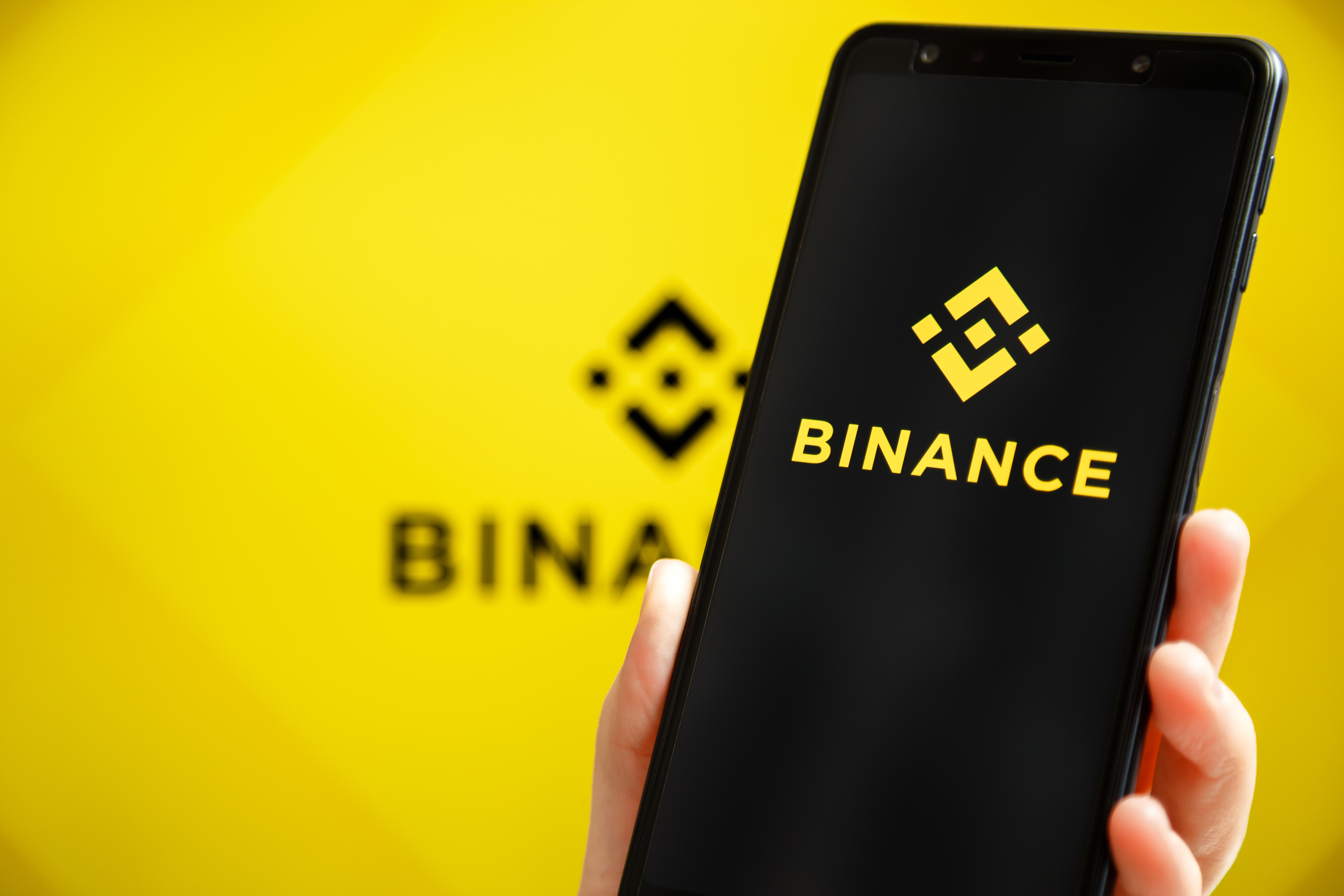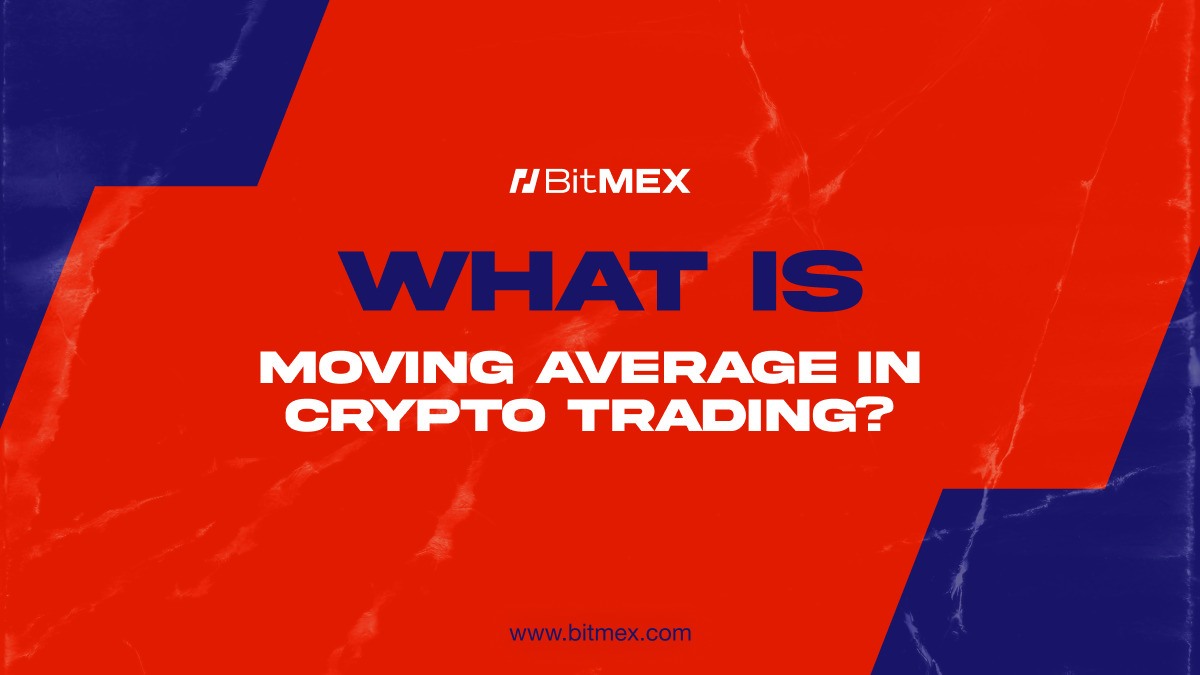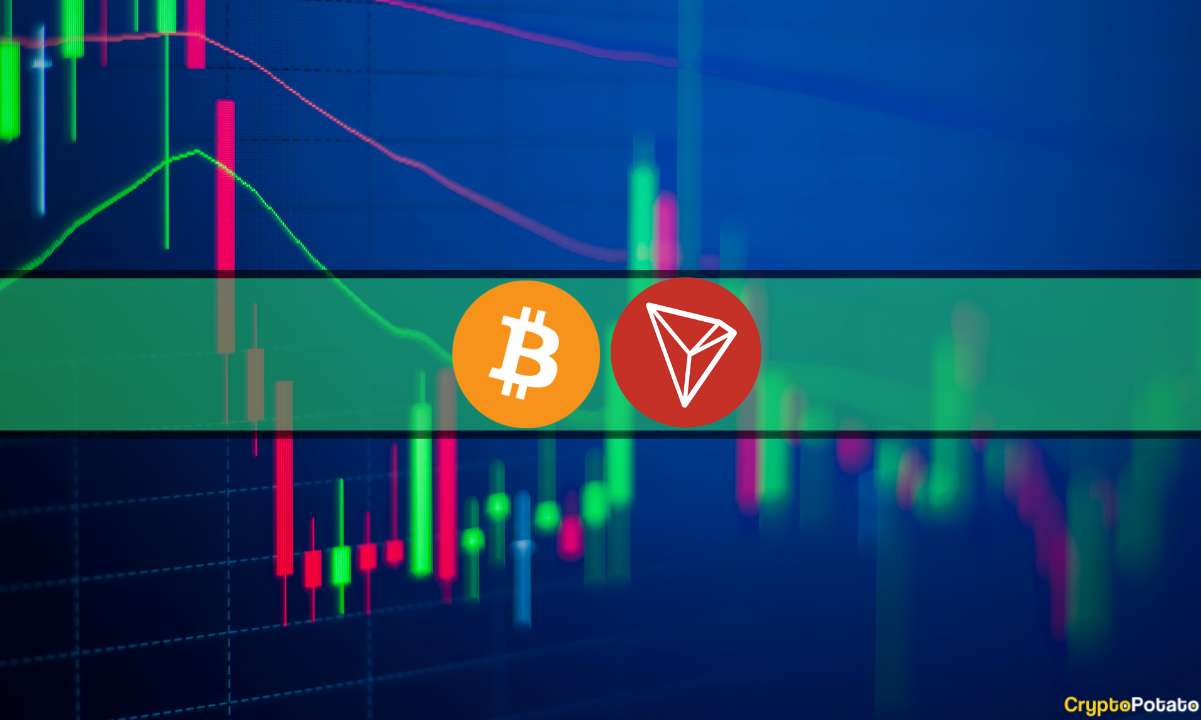Nigeria’s securities watchdog plans to issue its first license to a digital asset firm later this month, marking a complete turnaround from the government’s previously hostile stance this year.
In an interview this week, Director-General Emomotimi Agama told Bloomberg that the Securities and Exchange Commission (SEC) is committed to supporting Nigerian youth in exploiting new opportunities in the digital asset world.
When Agama took over the SEC in May, the digital asset sector was hopeful that he would champion a friendlier regulatory approach after years of hostility led by the Central Bank of Nigeria (CBN).
However, little has changed since then. A fresh crackdown on exchanges that started earlier this year is still ongoing, with key leaders accusing the sector of manipulating the naira’s foreign exchange prices. The closest the SEC, under Agama, has come to new regulations was a notice in early July that demanded global virtual asset service providers (VASPs) establish local offices.
This is about to change, Agama told the media outlet.
“Being a crypto enthusiast and fintech enthusiast, I can tell you without doubt that this is going to happen sooner than you think. We must support the youths of this country to be able to achieve the benefit that is accruable in fintech. The market size is huge, and it is growing,” he stated.
Indeed, Nigeria’s digital asset market is massive. According to a Chainalysis study, Nigerians transacted $56.7 billion in digital assets in the year ending June last year, a 9% rise year-on-year. This was the third-highest increase globally after Saudi Arabia and Vietnam, making the country one of only six globally whose activity had risen then. Agama says the number is even much higher as a sizable number of transactions go unreported.
This year, the government launched an attack against some of the most established exchanges, accusing them of orchestrating “a sophisticated heist” against the economy. It has since blocked access to exchanges like Coinbase (NASDAQ: COIN) and Binance, with one of the latter’s executives detained in Abuja for the exchange’s alleged money laundering in a scandal that has now spiralled to the United States Congress.
Agama says that the crackdown on global exchanges has not deterred Nigerian investors, who have now shifted to other exchanges like Quidax and Bitkoin Africa.
He believes the SEC’s upcoming licensing regime will smooth out some of these hurdles.
The watchdog will “provide a platform where people can formerly do these things, and we are able to get all of the information that we need. What we will not encourage is the use of cryptocurrency to manipulate our currency,” he stated.
Nigeria’s taxman comes for digital assets
While the SEC prepares to regulate digital assets, the Federal Inland Revenue Service (FIRS) is gearing up to tax the sector.
Chairman Zacch Adedeji revealed recently that the agency plans to introduce a new draft bill to Parliament that will overhaul the current revenue system for a more streamlined approach.
“The aim of the bill is to simplify our tax laws, harmonise revenue collection, and replace outdated regulations with new ones that align with our current economic environment,” Adedeji told local media in a statement.
Digital assets are among the new frontiers that the bill is targeting as the FIRS marches towards an ambitious ₦19.4 trillion ($12.3 billion) revenue target.
“Cryptocurrency is an integral part of today’s economy, yet Nigeria lacks a legal framework for its operations. We need to introduce regulations that support economic growth while protecting our financial system,” Adedeji commented.
While details of the digital asset approach under the proposed FIRS bill remain scant, the local sector has welcomed the move. Rume Ophi, a renowned local analyst, says that any efforts by the government to regulate the sector signal an acceptance of an industry “that has been seen for years as the black sheep.”
“We’re keeping our fingers crossed. Hopefully, something good comes out of it,” he stated, calling on regulators to involve industry stakeholders in the law-making process.
Obinna Iwuno, the President of the Stakeholders in Blockchain Technology Association of Nigeria (SiBAN), concurs.
“You cannot make a law you intend for a people to abide by without involving them in the process; this is one of the reasons for the low adoption rate of the eNaira,” he tells CoinGeek.
Watch BSV Stories Episode 10: The future has already arrived in Nigeria
New to blockchain? Check out CoinGeek’s Blockchain for Beginners section, the ultimate resource guide to learn more about blockchain technology.

















 English (US) ·
English (US) ·